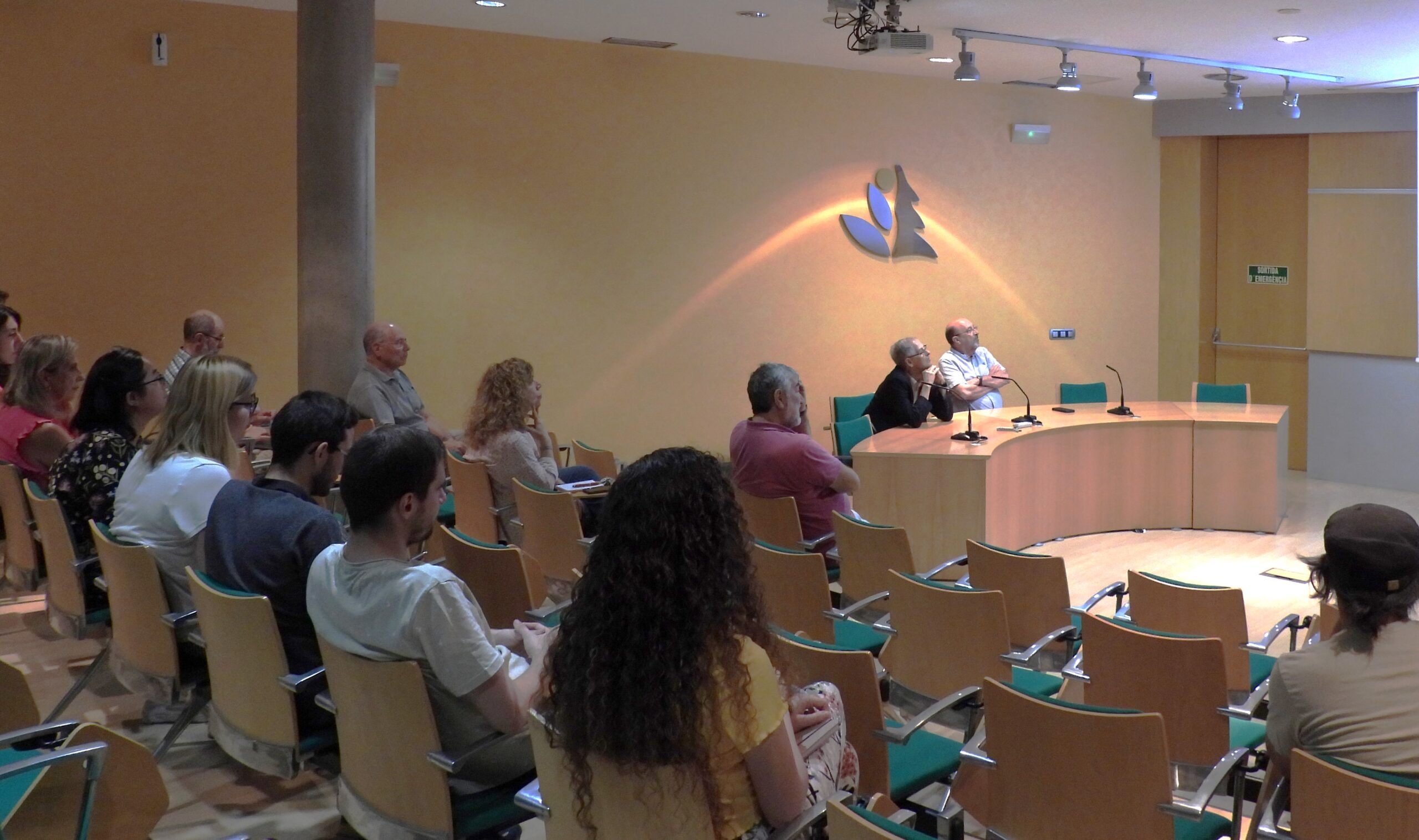How is ethics related to science when ethics is about what is good or wrong and science is about what is true or false? The fourth edition of Agrotecnio’s Early Career Forum, which took place on 27th June, kickstarted with this question launched to the audience by Pere Puigdomenech, research professor at the Consejo Superior de Investigaciones Científicas (CSIC) in the Centro de Investigación en Agrigenómica (CRAG). Specialised in plant molecular biology, he is an expert in the field of safety in the consumption of transgenic plants and a member of the European Group on Ethics in Science and New Technologies, as well as the National Biosafety Commission and the CSIC Ethics Committee.
Puidomenech talked about ethics in European grants, listed some major international laws and bioethics codes and highlighted how ethics in research allows to comply with existing regulations, facilitates advice to policymakers and is important for the participation in public debates. Moreover, he also addressed research integrity by referring to the quality and reproductibility of results, recommending to the audience to be careful and rigorous when treating results or keep way original data, among other pieces of advice.
For his part, Joan Viñas focused his speech on bioethics, the study of moral and ethical questions about life sciences, biotechnology, public health and medicine. Viñas, who is a professor or surgery, has chaired the Clinical Research Ethics Committee (1995-2003) of the Arnau de Vilanova Hospital and the Health Care Ethics Committee (1994-2000) at the same centre. In 2017 he received the Gold Badge of the Council of Medical Associations of Catalonia for his professional career in the fields of medicine and ethics.
During his explanation, Viñas addressed the history of medical research and particularly the basic principles of the Nuremberg Code, the Declaration of Helsinki and the Belmont Report. He also explained the usefulness of ethics committees and addressed some current dilemmas and regulations, specially related to the use of animals for research.
After the seminar, attendees participated in a ham tasting led by Dr. Francisco Molino, from the Food Science and Technology Department of the Universitat de Lleida (UdL).

